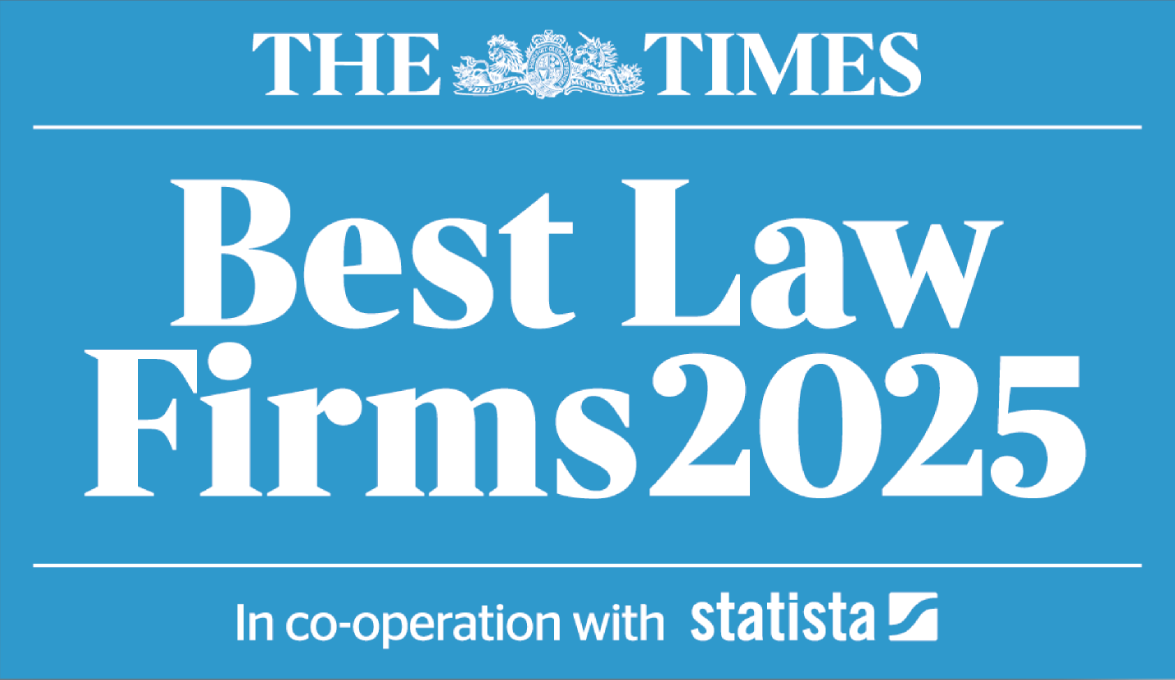A typical leasehold/landlord relationship will divide right and responsibilities accordingly:
- The landlord will be responsible for the provision of utilities to the property, and the tenants will pay service charges to the landlord to account for their individual use.
- Leaseholders will pay periodic rent to the landlord.
- Leaseholders will be often be subject to restrictions in how they can use the premises or make alterations.
- Landlords will have the right to have the tenants evicted on a number of grounds, chiefly: non-payment of rent, refusal to make repairs or breach of covenants in the lease agreement.
Duration of Leasehold
Most leases typically last between 90 and 999 years. Leases for a period of 21 or more years are known as “long” leases, while leases for a shorter duration are known as “short” leases. The reason for such lengthy periods is that the length is determinative of its value – a shorter lease will in turn result in a decreased value for its transfer to a new leaseholder. This diminution in value will continue as a lease moves towards its expiry date.
Lease Extensions
There are legislative protections for tenants who own certain leaseholds that are due to expire. This will occur where a tenant holds a long lease (21 years) that is reaching the end of its term, whether original or renewed.
Homes
If the leasehold interest is in a house, and is (1) held by the leaseholder as an original long lease that is (2) at least two years before expiry of its term, and (3) the leaseholder has held the lease for at least two years, the leaseholder may have a right to extend the lease by 50 years. If the landlord refuses to accept an offer, the dispute can be taken to court.
Flats
If the leasehold interest is in a flat, and is (1) held by the leaseholder as an original long lease that is (2) at least two years before expiry of its term, and (3) the current leaseholder has held the lease for at least two years, the leaseholder may have a right to extend the lease by 90 years. The tenant will have to pay a premium for this extension. If the landlord refuses to accept an offer, they dispute can be taken to court.
Collective Enfranchisement
Under the Leasehold Reform Housing and Urban Development Act 1993, tenants have a right to jointly purchase the freehold interest of their building from the landlord. This is often done through formation of a limited company, of which the tenants are shareholders, providing them combined control over the property as a freehold interest. This provides tenants control over rent, maintenance and insurance. In turn, the tenants will continue to have a leasehold interest, but it will be in agreement with their newly formed company, which owns the freehold interest.
There are certain criteria tenants must meet in order to use the right to collective enfranchisement:
- There must be two or more flats in the premises.
- At least 50% of the leaseholders must agree to exercise the right to collective enfranchisement. If there are only two leaseholders, then both must agree.
- At least 75% of the premises must be used as residences, as opposed to business.
- At least 2/3 of the tenancies must have originally been long leases (21 years) in length.
Procedure
Granted the requisite number of tenants agree to initiate, the collective enfranchisement process is commenced through service of notice on the landlord, who will typically have two months to respond to the notice. The landlord has the option of accepting the notice, or contesting it via counter-notice. The landlord can contest the acquisition on the basis of (1) they disagree with its terms or (2) the tenants are not eligible for the acquisition.
If the landlord opts to contest the acquisition, and no agreement is reached within two months of the counter notice, the case must be brought before the First Tier Tribunal; no later than six months from the landlord’s initial issuance of counter-notice. Failure to adhere to the deadline will result in a further claim being barred for one year. The First Tier Tribunal will make a determination regarding the terms of the agreement in dispute, or whether the tenants are eligible.
If either party wishes to appeal this determination, they may do so to the Lands Tribunal.
Benefits
The combined purchasing power of the tenants allows them to acquire a freehold interest in the premise at minimal cost, and with it the ability to set their own rent, maintenance costs, insurance and extend the length of their leaseholds.
Costs
Calculation the cost of acquiring the freehold is a complex process. It will include surveyor’s fees, the costs of establishing a company and any applicable tax. If the case must be referred to the First Tier Tribunal, these costs will also have to be carried by the tenants.
Restrictive Covenants
In some cases, the landlord may wish to include restrictive covenants when transferring the freehold lease to the tenants. Any such covenants must be agreed upon with the tenants, or where no agreement can be reached, subject to approval by the First Tier Tribunal.
Contact our Enfranchisement and Lease Extension Solicitors Mayfair and Throughout London Today
If a tenant wishes to engage a right to either extend their lease or enter into a collective enfranchisement, it is vital that they are aware of their rights and the costs that either process entails.
At Lewis Nedas, our team of Property Litigation Solicitors have broad experience in both commercial and residential property litigation. We have successfully advised landlords and tenants with highly complex and multi-faceted cases. To speak with one of our Property Lawyers, please contact us on 020 7387 2032 or complete our online enquiry form.





